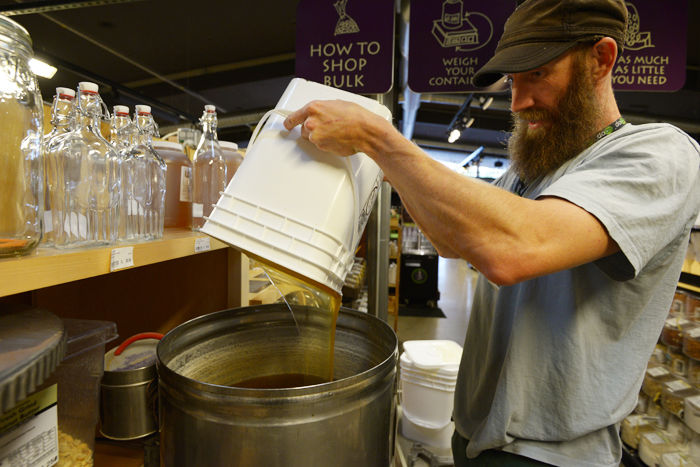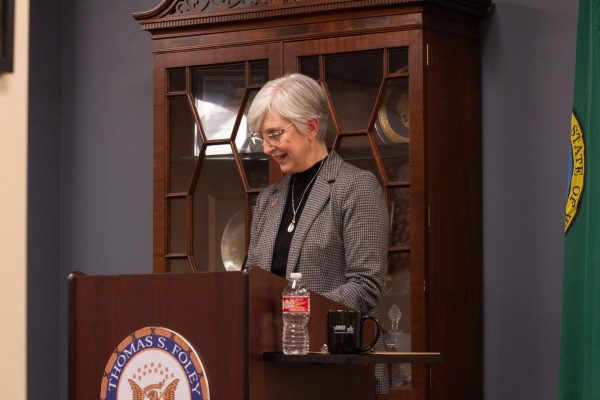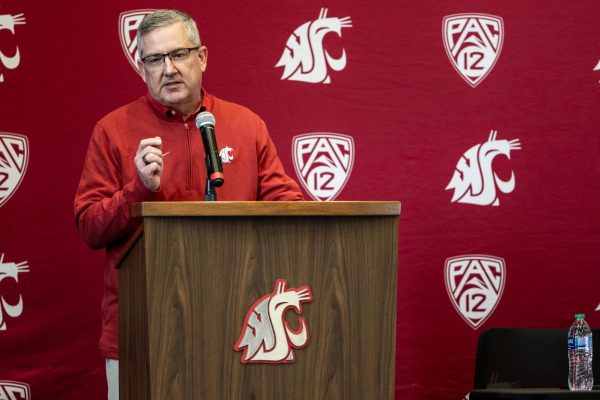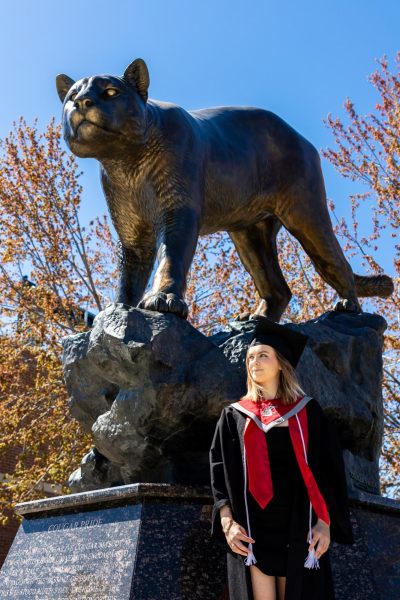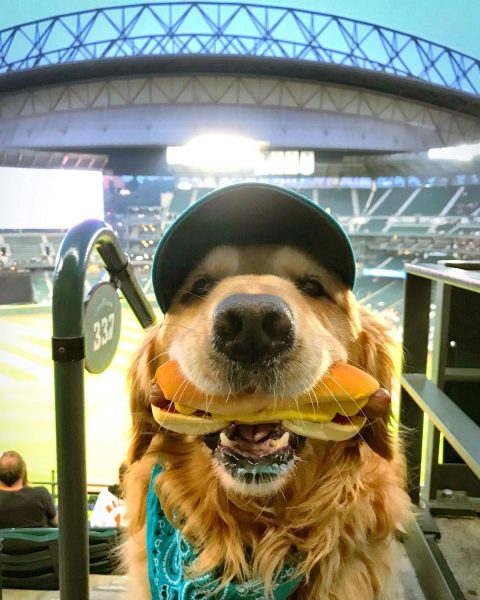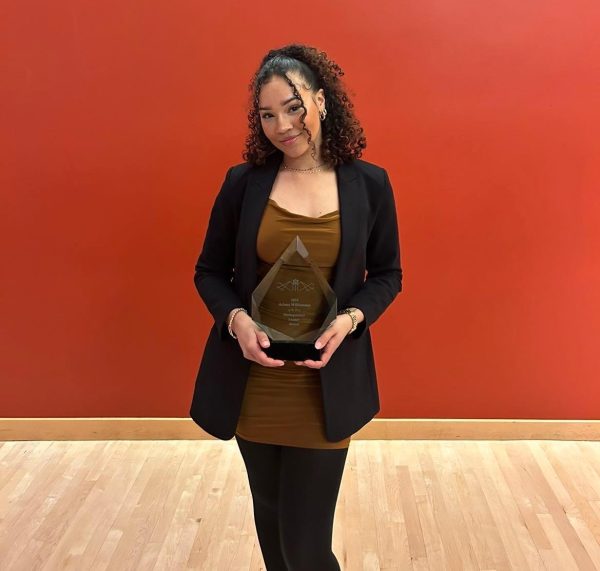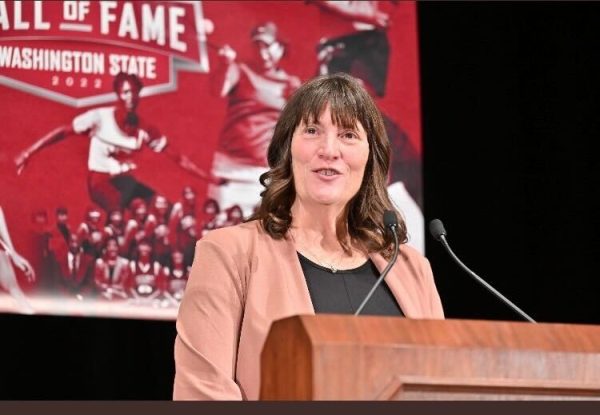Co-op to expand to Pullman
July 20, 2016
{{tncms-asset app=”editorial” id=”3a1cc276-4e1c-11e6-9d29-2f26c75b2c03″}}
The Moscow Food Co-op is working to overcome obstacles to expand across state lines to Pullman, where a number of its owners live and have expressed interest in adding a second store.
Joe Gilmore, project manager for the expansion, said between 20 and 25 percent of sales to the co-op’s nearly 8,000 owners come from people who live in Pullman. Feedback from these owners has shown they want a store downtown, though the location has not yet been decided.
“If you know anything about Pullman,” he said, “the land is slightly problematic.”
The co-op hopes to open a store similar to its current one, at about 15,000 square feet, which Gilmore said could be challenging geographically, particularly due to the hills. However, the greater issue is of a legal nature.
Because Idaho law does not have a detailed framework for things like paying members interest on loans across state lines, the co-op must obtain legal exemptions. The co-op is also working to update its bylaws, and once everything is sorted out, Gilmore said they hope to complete the expansion by late 2017 or early 2018.
He said 60 to 70 percent of funding will come from owners, with the rest coming from cooperative banks. When it moved to its current location, Gilmore said the co-op raised about $500,000 in two weeks.
Marie Dymkoski, executive director of the Pullman Chamber of Commerce, said the sales coming from Pullman owners represent $2 million, a large amount which could instead remain in the local community.
“That is frightening to me,” she said. “That’s got a trickle effect … most people aren’t going to drive all that distance to go to one store.”
She said she and many others feel the expansion will be good for the community, as more people will spend their money here and “realize that we have lots of great things here.” She also believes other businesses will see the co-op’s success and decide to expand to Pullman themselves.
Gilmore said while great sums of money tend to get funneled away to executives in large retailers, the co-op encourages people to shop locally and keeps money circulating in the community.
“As far as funding somebody’s vacation home,” he said, “we don’t do things like that.”
He said the co-op has a diverse customer base which includes students, and he said market research has shown that some WSU students are interested in a Pullman co-op.
“I think that’s just the nature of the world today,” Dymkoski said. “People are more interested in what they’re eating and where it comes from.”
{{tncms-asset app=”editorial” id=”5a26790e-4e1c-11e6-b4b4-cf75a5b8c567″}}
The co-op sources much of its food locally, with many product labels bearing their location of origin and its distance. Pictures of farmers the store buys from line the walls. Gilmore contrasted this with national retail chains.
“If you walk into … Walmart they might say ‘Oh, local produce,’” he said. “We have no idea what local means to Walmart.”
He said while to Walmart it might mean the Northwest or the western side of the country, the co-op defines local as anything within 250 miles or within Washington and Idaho.
Diana Armstrong, who works in the produce section, pointed out the various locally-grown vegetables, matching them to the portraits of their growers overhead.
Armstrong has performed numerous jobs at the co-op since she arrived in Moscow in 1976 and immediately became a volunteer and owner.
“First thing I did,” she said. “I spent the night and the next day I walked downtown and found the co-op.”
After she retired from teaching she became a paid employee at the co-op. She explained that rather than throw out subpar food like many large stores, they give the better leftovers to employees and the rest to customers for their animals.
Matthew McConnell, who has worked in the bulk section since he moved to Moscow a year ago, explained that the idea of a food co-op is rooted in bulk buying.
“It’s the idea of people getting together,” he said. “You and I getting together and buying a 50-pound bag of rice and we split the cost of that.”
Buying in bulk eliminates packaging costs, he said, and allows customers to purchase just the amount of food they want at a cheaper price.
“We’re a different kind of business,” Gilmore said, “and it really is at the core of what we do.”

